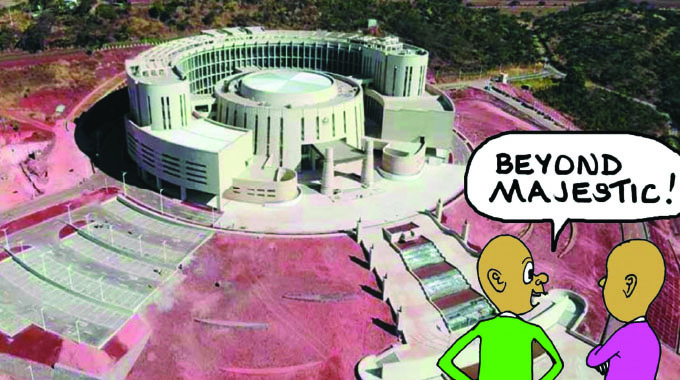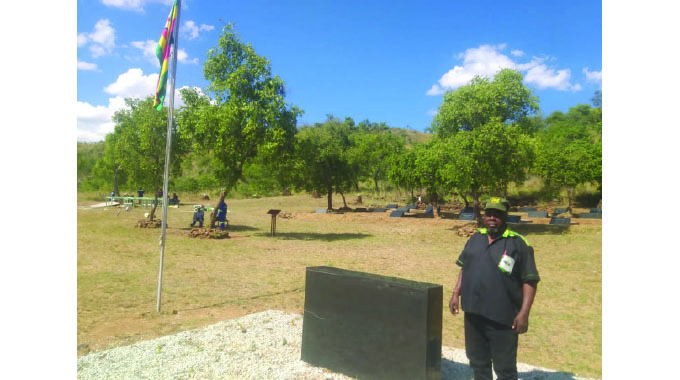Dramatic rise in UK drug addiction

The Rhodesia Herald, November 25, 1965
LONDON. – A government investigation team today proposed a clamp-down on Britain’s family doctors in an effort to quell a dramatic rise in drug addiction.
The investigators reported that heroin addicts increased from 68 to 342, and cocaine addicts rose from 30 to 211 between 1959 and 1964. The proportion aged under-35 rose from 11 percent to nearly 40 percent.
The report said a major source of drug supply was excessive prescription under the country’s National Health Service.
Doctors have complete freedom to prescribe drugs in any quantities they think fit. They do not have to notify the authorities that they are treating an addict. This avoids addicts turning to the black market for supplies.
The investigators, headed by a neurologist, Lord Brain, recommended that pecal centres be set up for treating addicts, with powers to detain them compulsorily if they tried to leave.
The report said doctors should be banned from prescribing drugs for addicts except at the centres.
It is said that six British doctors had prescribed large amounts for individual patients. Two had given single prescriptions for 1 000 tablets. They had said they felt treatment facilities elsewhere were inadequate.
The investigators’ suggestions apply only to heroin and cocaine-addicts to which are known as “main-liners” in contrast to those taking marijuana or morphine.
Drugs from clandestine plantations in Nigeria are being sent by parcel post to African nationals living in Britain, Interpol has told the UN Secretariat in a report published in New York.
The world police organisation said the parcels were sent from fictitious addresses in West Africa.
The drug involved is cannabis (hemp), from which marijuana is derived. Interpol said traffic in this commodity was the only noteworthy drug-trafficking problem in Africa. – Iana-Reuter.
LESSONS FOR TODAY
- Drug abuse refers to the use of illegal drugs or the use of prescription or over-the-counter drugs for purposes other than those for which they are meant to be used, or in excessive amounts.
- In Zimbabwe, drug abuse is continuing to scale to new levels with youths abusing cough syrups particularly Broncleer (Bronco), crystal meth (Methamphetamine) tablets amongst other harmful substances.
- A study carried out in the country showed that the prevalence of drug abuse is at 57 percent among young people, the most commonly abused drugs and substances crystal meth, marijuana and alcohol.
- Government together with development partners are working to fight drug abuse amongst the youth.
- The fight to end drug abuse however requires every Zimbabwean’s co-operation because there is strength in numbers.







Comments